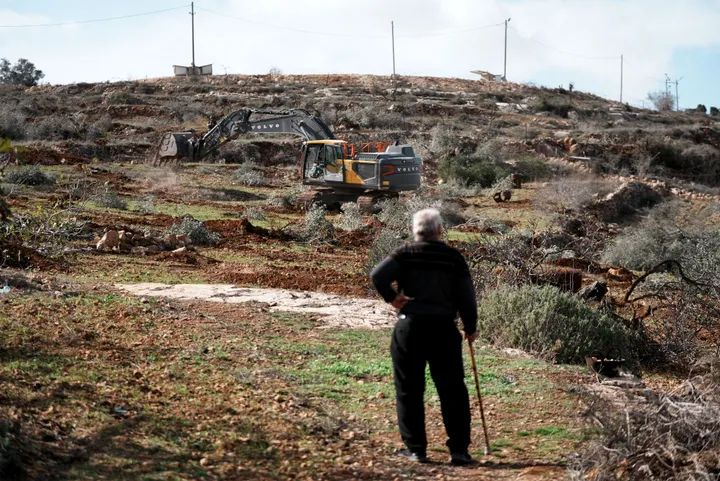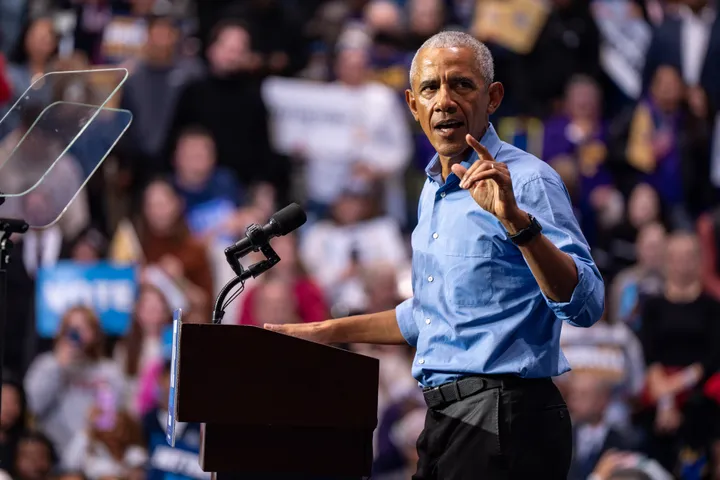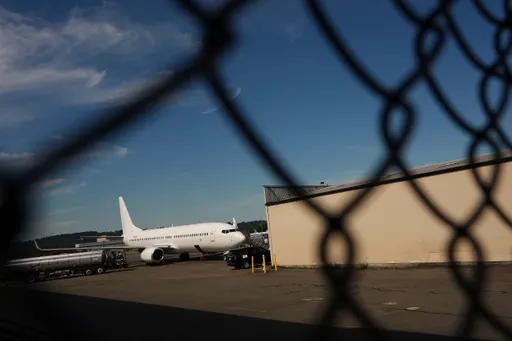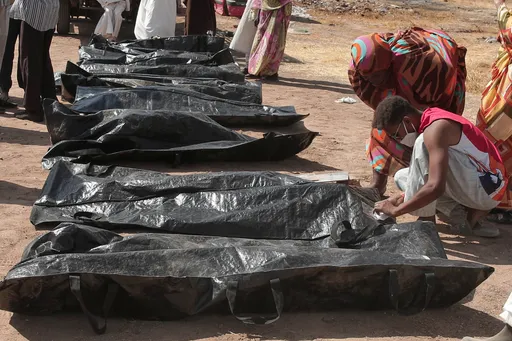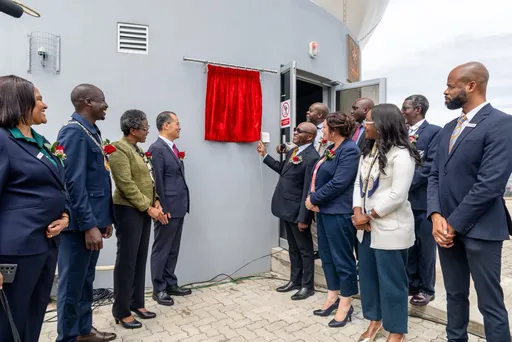By Kudra Maliro
Tysia Mukuna sees herself as a coffee warrior – the kind who would "enforce", if she could, a rule that makes mornings incomplete without the caffeine rush of Congolese coffee.
At 30, this enterprising woman runs a homegrown company called "La Kinoise" that has been producing and selling coffee for about three years.
"I have had a passion for agriculture since I was young; so La Kinoise is a combination of my love for agriculture, knack for business and my knowledge," Tysia tells TRT Afrika.
The company's plantation in Kinshasa produces beans that are then processed in the La Kinoise factory before being marketed.
This is a first for Western DR Congo, striking a blow as much for locally produced coffee as for entrepreneurship and employment in the region.
Since April, La Kinoise-branded carts laden with Congolese coffee have been hard to miss on the streets of Kinshasa.
The company is also present in the cities of Lubumbashi, Boma and Matadi. La Kinoise's cart-based street marketing project already provides jobs to more than 200 people while allowing them to function almost autonomously.
By 2024, the company aims to employ scores of young people in the capital to address the acute unemployment rate among the Congolese. "Our policy is to have zero unemployment in the Congolese capital by 2030," says Tysia.
More than just a coffee biz
La Kinoise's long-term goal is to conquer the international coffee market, something founder Tysia believes is achievable despite supermarket shelves being flush with brands from across the world.
"For a start, we would like to create a culture in the DRC so that it would be customary to have a cup of coffee before going to the office, just as in China, which has a ritual of tea," says Tysia.
"Their (the Chinese) way of giving value to tea impressed me a lot. If we give the same value to Congolese coffee, I believe we will conquer all of Africa and the world."
The young woman has already won several distinctions. The epithets bestowed on her include "Strong Lady" and "Woman of Merit", and she has also featured among the "Top 100 most influential women in Africa" chosen by Forbes magazine, among others.
"The goal of our company is to make the Congo known through coffee," Tysia says.
A dozen carts go around every morning on the streets of Kinshasa so that the population has access to good coffee at prices affordable for everyone.
"We distribute our coffee in restaurants, supermarkets, hotels and anywhere where people can buy food," she says.
Residents of Kinshasa seem to have taken to the sales pitch. "Since I discovered that coffee is being sold on the streets of Kinshasa, I wake up early in the morning, get into my car, buy my coffee on the way, reach office and enjoy my cup," says Jean Nyembo. He is looking forward to the day La Kinoise will deliver its coffee to his home.
A long coffee tradition
The DRC has many square kilometres of arable land. Around 1980, the former Zaire (DRC) exported coffee to the US, Sudan and Ethiopia.
Its annual production then was 500,000 tonnes, compared to only 10,000 tonnes currently. For decades, the government managed exports, hindering the growth of private enterprise like La Kinoise.
Cooperatives have now taken over, hoping to take Congolese coffee to its position of pre-eminence 40 years ago, when the African country was one of the largest coffee exporters in the world.
The challenges are many, including frequent power cuts that force many businesses to take recourse to using generators, incurring additional fuel expenditure running into thousands of dollars.
Multi-layer taxation and mobility problems in the region make things even more difficult to keep the coffee business viable.
"La Kinoise isn't exempt from these problems. The roads are not paved, which creates delivery problems between cities in the DRC. Sometimes, it is necessary to send shipments by plane, and this becomes very expensive for the company," explains Tysia.
Coffee growers seek support
Roger Tata, director of the Kawa Kanzururu Cooperative in the DRC, a company that farms coffee in eastern Congo, recalls that erstwhile Zaire used to be among the exporting countries before the ravages of the war began to show in 1996.
Production plunged rapidly thereafter when farmers were forced to leave their fields because of insecurity.
"We noted the departure of several economic operators who invest in coffee and the abandonment of plantations, which caused a giant decline in the presence of Congolese coffee in the world market. We are in the process of relaunching, albeit still timidly. If I can estimate the average, we are in the 20% bracket," says Tata.
"It's taken the courage of cooperatives to rebound, but they need the Congolese government's help."
Apart from better security in places where coffee is grown, the growers' wish list includes abolition of some taxes.
"We would also prefer a waiver of visa expenses of potential coffee explorers who come from abroad. Our country produced about 120,000 tonnes of coffee annually before 1980, and today we are at 11,000 tonnes. That's a drastic drop," points out Tata.


